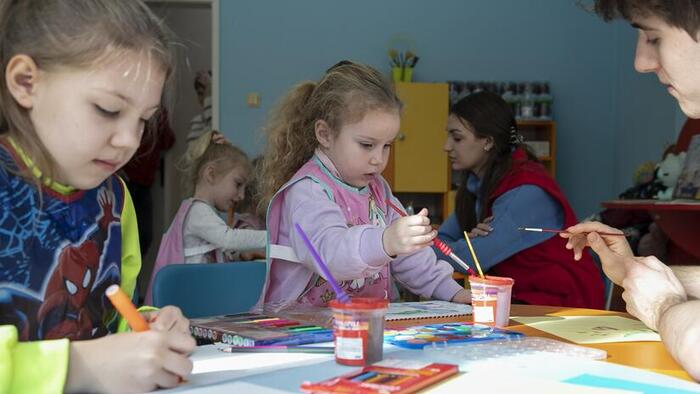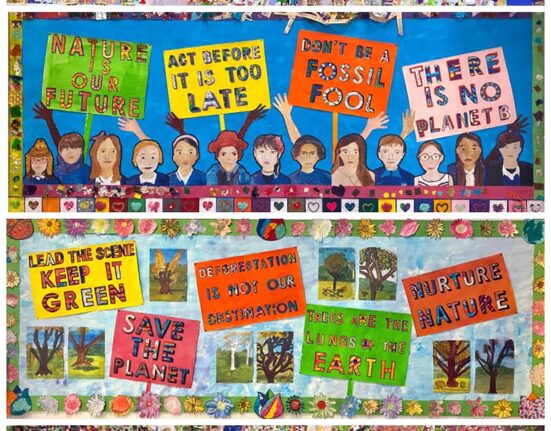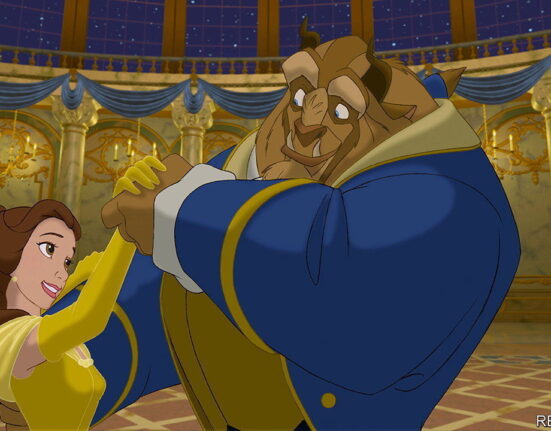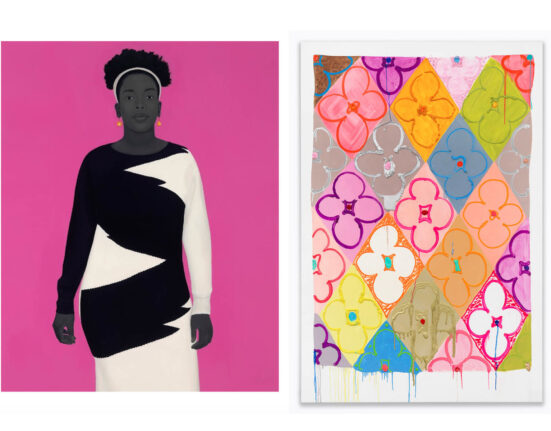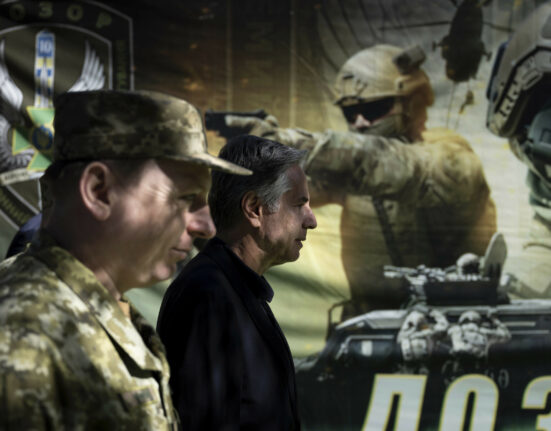In a world where stress and anxiety seem to be constant companions, the creative arts provide solace, comfort and a complement to traditional psychotherapies.
In the first few months after Svitlana arrived in Burgas, a city on Bulgaria’s eastern Black Sea coast, she lived in a shelter and made money by playing violin on the streets.
The former music teacher who fled conflict in Ukraine also received support from the Bulgarian Red Cross in the form of food, clothes and hygiene kits. Eventually, she found a job at the Burgas Opera House as a stage assistant.
Now Svitlana is able to share her creative gifts in the form of music and art therapy sessions for other people impacted by the conflict in her homeland.
“When people hear a song in their native language, from their homeland, it makes them feel better,” she says, adding that music and art – and the conversations it leads to – also help people feel more comfortable and integrated in their new communities.
Svitlana’s music and art therapy sessions are just one of many examples of how Red Cross National Societies in Europe are using people’s inherent creativity to help them through a tumultuous and difficult time.
A complimentary therapy
In a world where stress and anxiety are constant companions, expressive therapies that use the creative process have gained traction in recent years as a complement to traditional psychotherapy.
Amidst the displacement crisis stemming from the conflict in Ukraine, Red Cross National Societies have stepped forward with a wide-range of innovative approaches to support the mental well-being of people forced to flee their homes.
Spearheaded by the EU4Health programme, funded by the European Union’s DG Sante project, this initiative aims to deliver crucial mental health and psychosocial support to people displaced from Ukraine.
Representing one of the most substantial responses to mental health crises in emergencies within the Red Cross and Red Crescent family, the partnership between DG Sante and the IFRC has introduced diverse forms of art therapy tailored specifically to the needs of affected communities.
These therapeutic interventions offer an avenue for people to articulate and process their experiences, facilitating a sense or healing and hope amidst the prevailing uncertainty.
Friendship
The Finnish Red Cross, for example, organized an event for Ukrainians under the theme of friendship. Surrounded by scraps of paper, markers, glue and other craft supplies, the children wrote messages on cards that they then shared with loved ones.
In making the thank-you cards, they used words, drawing and pictures cut out of magazines to express their feelings. They also learned and wrote down some Finnish words, further encouraging a sense of belonging in their new communities. One child made a birthday card for his father. The event was defined by a spirit of happiness and togetherness.
‘Personal growth’
One local branch of the Portuguese Red Cross organized a handicraft workshop specifically tailored for Ukrainian women. While children attended school or spent time at the Red Cross safe space, women make handicrafts that, at the same time, help them learn Portuguese, acquire new craft skills and feel more integrated in their new communities.
Their participation not only facilitated skill development but also contributed to a boost in self-esteem. “It was a significant challenge for everyone involved, but it led to personal and professional growth,” said one of the participants.
What does happiness look like?
One project organized by the Romanian Red Cross asked Ukrainian children at the Multicultural Humanity Centre to reveal on paper what happiness looks like to them. Using coloured pencils and a lot of imagination, the children opened their hearts.
“I am happy when I have my sister, my family and my stuffed toys by my side,” nine-year-old Yeseniia wrote on her card.
The art therapy offered by the Romanian Red Cross is just one part of a larger comprehensive approach that aims to meet the participants’ urgent and basic needs. This includes health services and psychosocial support, thematic workshops for children and parents, Romanian and English language courses, life skills activities, and hot meals.
Back in Bulgaria, the music and art therapy sessions organized by Svitlana are also a chance for her to find comfort after a harrowing ordeal that forced her to leave her home in Dnipro, Ukraine.
Svitlana remembers how her house was constantly trembling during the air raids. “I’m grateful to live under a peaceful sky,” Svetlana says.
The content of this article is the sole responsibility of IFRC and does not necessarily reflect the views of the European Union.

